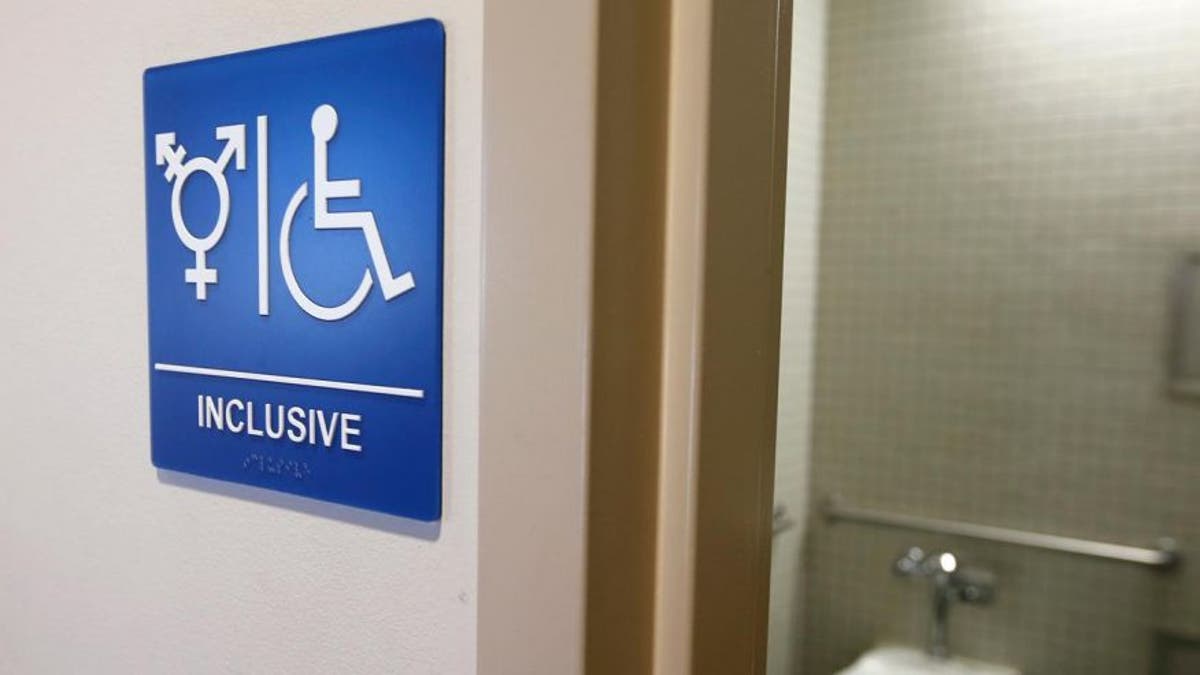Transgender people in North Carolina will be able to use the public bathroom that corresponds with their gender identity under a settlement proposed Wednesday.
The deal, which must be approved by a federal judge, would allow transgender people to access the bathroom of their choice in public buildings, highway rest stops and state parks and historic sites, without fear of prosecution.
“Under this proposed consent decree North Carolina would finally affirm the right of transgender people to use facilities that match their gender,” said Karen Anderson, executive director of the ACLU of North Carolina. “The work of fully protecting LGBT people from discrimination across North Carolina is far from over, however.”
Tami Fitzgerald, executive director of the North Carolina Values Coalition, blasted the governor’s decision to move ahead with the settlement, calling it a “massive power grab” that constitutes “sweeping changes that only the Legislative Branch has the authority to enact.”
“It’s not enough to just say we won’t discriminate, we must show it."
Gov. Roy Cooper, Attorney General Josh Stein, the American Civil Liberties Union and transgender residents who challenged House Bill 2 agreed to the settlement.
North Carolina became the battleground for transgender rights in March 2016 when House Bill 2, which required transgender people to use the bathroom that matches the gender they were born with, was passed into law. The bill sparked protests across the country and many businesses and people boycotted the state. Economists have said the law would cost North Carolina over $3 billion in lost revenue.
The state ended up backing away from the law a year later after it faced a series of lawsuits and backlash from major sports leagues. Lawmakers passed House Bill 142 in March, which repealed HB 2 and replace it with legislation that kept the state in control of public bathrooms.

(Reuters)
“Nothing can make up for the cruel and senseless attacks transgender people have faced in North Carolina, but I am hopeful that the court will agree to clarify the law so that we can live our lives in less fear,” Joaquín Carcaño, a transgender man who is the lead plaintiff in the lawsuit, said in a statement to the ACLU.
Cooper also signed an executive order forbidding state agencies from discriminating against people because of their gender identity. That rule was extended to state contractors and subcontractors.
“It’s not enough to just say we won’t discriminate, we must show it. And today, after working with the business community and the LGBT advocacy community, I’m proud to act on our shared belief that people should not face discrimination or harassment because of who they are,” said the North Carolina governor, a Democrat, in a statement posted online.
The North Carolina Values Coalition, which supported House Bill 2, said in its statement that the executive order requires private business to adopt “sweeping LGBT special rights.”
According to the Human Rights Campaign, a national LGBT activist group, 19 states and the District of Columbia currently prohibit discrimination based on sexual orientation and gender identity.

